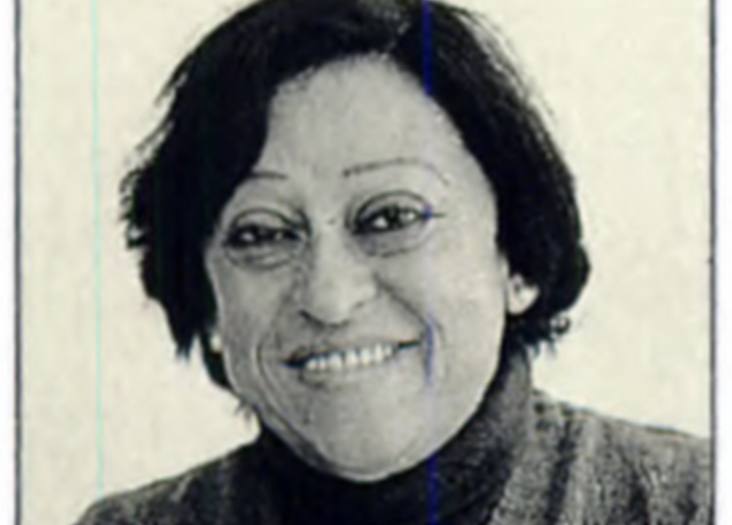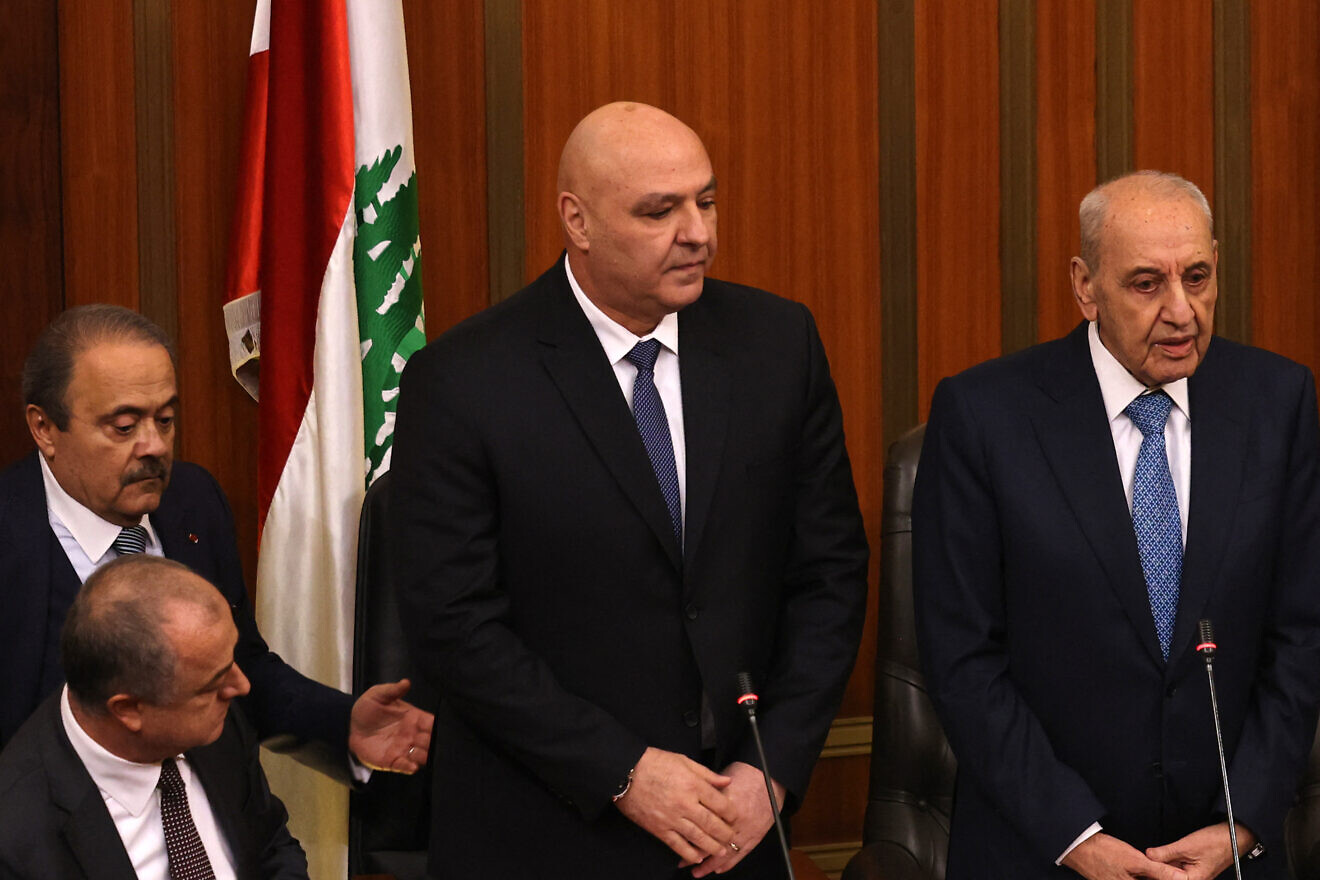Born in Cairo on 5 June 1930 as Fatimah Rifaat, the acclaimed feminist writer, better known by her pen name Alifa Rifaat, passed away in Egypt on 1 January 1996 at the age of 65. Today marks what would have been her 94 birthday.
Rifaat garnered recognition for her feminist literature, such as Hawaa Ta’oud La Adam (Eve Returns to Adam, 1975), Man Yakoun Al Rajul (Who Can Man Be, 1981), Salat Al Hob (The Prayer of Love, 1983), Fi Layl Sheta Taweela (On a Long Winter’s Night, 1980), and Jawharat Faraoun (The Pharoah’s Jewel, 1991).
Her works included sharp social critiques. Though much of Rifaat’s later work is steeped in her personal experiences, the central theme of her stories revolves around the sexual and emotional challenges women face in marriage.
In contrast to Western feminism, Rifaat’s perspective on women’s rights encompasses sexual and emotional fulfillment within marriage without challenging the institution itself. Rifaat advocated for increased sexual education for women, even if only through books.
Her most acclaimed English work, Manzar Baeid Le Ma’zana (Distant View of a Minaret, 1983), features fifteen short stories set in rural Egypt. One notable story, initially written before the publication of her collection, is Alamy El Maghoul (My World of the Unknown,1974), which explores a woman’s sexual encounter with a djinn.
Rifaat penned her first short story at the age of 9 about the village where she lived in the summer with her family. Her older sister reprimanded her for her writing efforts.
She attended the Misr al-Jadidah primary school and the British Institute in Cairo, where she studied English from 1946 to 1949. Despite her aspirations to further her education at the College of Fine Arts in Egypt, her father intervened and arranged for her an unsuccessful marriage to a mining engineer, which did not last. She later married her cousin, a police officer.
Early in her career, from 1955 to 1960, Rifaat published her stories under a pseudonym. However, her husband’s disapproval led to a decade-long hiatus from publishing.
In 1983, she made a significant return by releasing a collection of 15 short stories titled Manzar Baeid Le Ma’zana (Distant View of a Minaret, 1983). This collection delves into the tensions, dilemmas, and dreams experienced by women in marriage.
In 1984, the Modern Literature Assembly honored her with the Excellency Award for her contribution to literature following her short story collection.
Her experience with female issues was gained through years spent traveling around Egypt with her husband for his work, where she met many other women and learned of their problems.
“We used to talk freely, and we discussed especially the question of sexual fulfillment –because our society does not allow us to experience sex as freely as a Western woman does,” she told Sarah Graham in a 1985 article published in The Middle East Journal.
Rifaat’s soul survived by leaving behind three sons and a prolific body of work of more than 100 pieces translated into numerous languages.


















.png)


Discussion about this post